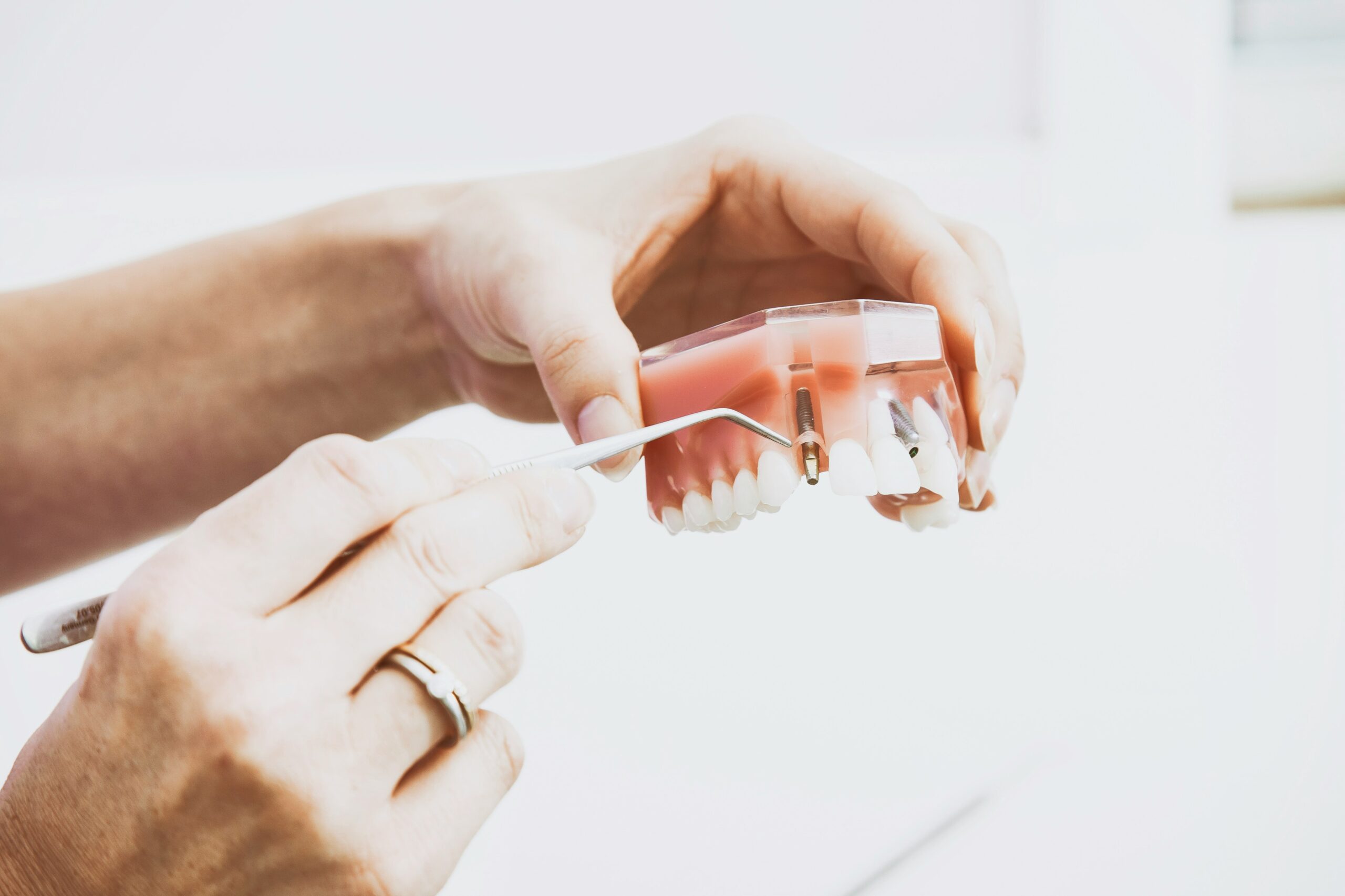Introduction
If you’re considering dental implants, you probably have a lot of questions. Dental implants are a popular and effective solution for replacing missing teeth, but it’s important to have all the information you need before making a decision. In this blog post, we will answer some of the top dental implant questions to help you make an informed choice.
1. What are dental implants?
Dental implants are artificial tooth roots that are placed into your jawbone to support a replacement tooth or bridge. They are typically made of titanium, a biocompatible material that fuses with your jawbone over time. Once the implant has fused with the bone, a crown, bridge, or denture can be attached to it, providing a natural-looking and functional replacement for your missing tooth or teeth.
2. Are dental implants suitable for everyone?
Dental implants are a suitable option for most people who are missing one or more teeth. However, certain factors such as overall health, gum health, and bone density can affect the success of the implant. It’s best to consult with a dental professional to determine if you are a good candidate for dental implants.
3. How long do dental implants last?
Dental implants are designed to be a long-term solution for missing teeth. With proper care and maintenance, they can last a lifetime. However, just like natural teeth, implants can be subject to wear and tear over time. Regular dental check-ups and good oral hygiene practices are essential to ensure the longevity of your dental implants.
4. Is the dental implant procedure painful?
The dental implant procedure is typically performed under local anesthesia, so you won’t feel any pain during the surgery. After the procedure, you may experience some discomfort and swelling, but this can be managed with over-the-counter pain medication. Most patients find that the benefits of dental implants far outweigh any temporary discomfort.
5. How long does the dental implant process take?
The dental implant process can vary depending on individual cases. In general, it involves multiple stages and can take several months to complete. After the initial implant placement, there is a healing period of a few months to allow the implant to fuse with the bone. Once the implant has integrated, the final restoration can be placed. Your dentist will provide you with a specific timeline based on your unique situation.
6. What are the advantages of dental implants compared to other tooth replacement options?
Dental implants offer several advantages over other tooth replacement options such as dentures or bridges. They are more stable and secure since they are anchored directly into the jawbone. This provides a natural biting and chewing ability, allowing you to enjoy your favorite foods without restrictions. Dental implants also help preserve the bone in your jaw, preventing bone loss and maintaining the natural shape of your face.
7. How much do dental implants cost?
The cost of dental implants can vary depending on factors such as the number of implants needed, the complexity of the case, and your geographical location. Dental implants may seem more expensive upfront compared to other tooth replacement options, but they are a long-term investment in your oral health and overall well-being. It’s important to consider the long-term benefits and durability of dental implants when evaluating the cost.
Conclusion
Dental implants are a reliable and effective solution for replacing missing teeth. They offer numerous benefits and can significantly improve your oral health and quality of life. If you have any more questions about dental implants, it’s best to consult with a dental professional who can provide personalized advice based on your specific needs and circumstances. Remember, making an informed decision is crucial when it comes to your dental health.

